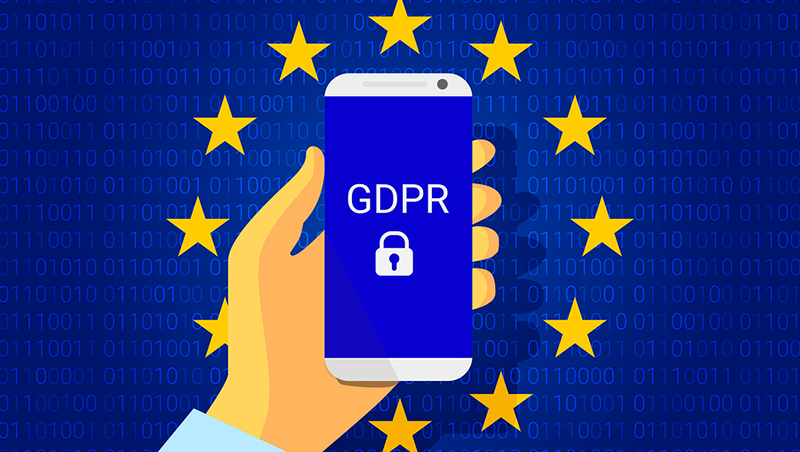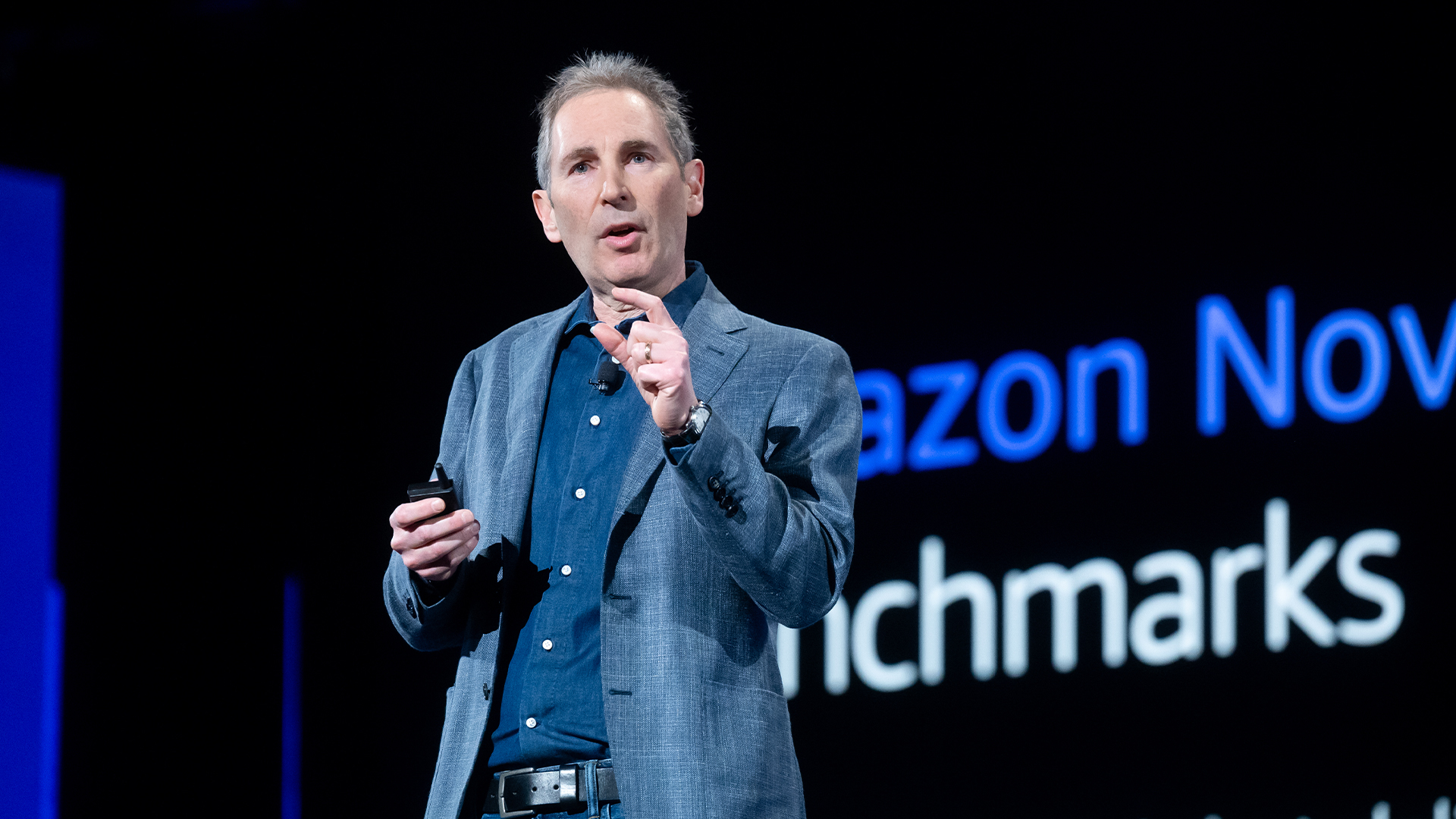Why GDPR creates a "vicious circle" for marketers
Customers will control the forthcoming trust economy, predicts Aprimo


New data protection rules will frustrate consumers who demand personalised experiences but are wary of handing over their data, but organisations who prove trustworthy stand to benefit, according to experts.
The General Data Protection Regulation (GDPR) came into force on 25 May and gives people more control over what personal data organisations can collect, allowing them to move it to other companies or demand organisations delete it altogether.
It also requires companies to be more transparent about how they use people's personal information and gets rid of passive opt-outs some organisations relied on to obtain customer consent: now people must actively agree to their data being collected and processed.
As a result of that, and with GDPR making people more aware of the value of their data, marketers' jobs are about to get harder, according to The Content Advisory's privacy lead, Tim Walters, speaking at Aprimo's recent Sync Europe conference.
"I am convinced that GDPR will rather significantly reduce the amount of first party and third-party data that marketing teams have access to," he said.
Walters said the data was the fuel for marketing efforts and pointed to a recent report by Accenture that identified a more systemic or structural problem that is choking off the supply of fuel for customer management.
But he pointed to a "vicious circle" being created by GDPR, where customers want "hyper-relevant" experiences when shopping online, but are very reluctant to hand over their personal data that would inform those relevant experiences.
Sign up today and you will receive a free copy of our Future Focus 2025 report - the leading guidance on AI, cybersecurity and other IT challenges as per 700+ senior executives
"Consumers will punish brands that do not provide ... relevant experiences by abandoning them for other providers," he said. "Not because they necessarily know that another provider can provide that experience, but because [they] hope that they can."
However, on the other hand, GDPR and the high profile Cambridge Analytica scandal, where millions of Facebook users' profile data was harvested to allegedly influence US voters in the 2016 presidential election, has increased public awareness about the risks around sharing their data.
"The fact that they don't know what's going on with the data that they surrender ... means that they are reluctant to provide that personal data. which is precisely necessary to create the kinds of experiences that they demand," said Walters, adding: "That's the vicious circle."
But GDPR provides an opportunity for companies that recognise people are in control of their personal data - creating that trust breaks the vicious cycle.
"Every company in the world, whether they are subject to GDPR or not, should be looking for some kind of framework or template or guidebook to show them how to go about putting consumers in control of their data," Walters concluded.
"That is the only way to make progress. That guidebook or template is exactly what the GDPR is."
Edmund Breault, head of marketing at Aprimo, told IT Pro that GDPR is absolutely going to help marketing organisations by putting customers at the heart of their efforts.
"While the efforts in the short term on marketing organisations to become GDPR-compliant have added burden, GDPR fundamentally makes customer-centricity a "legal" requirement," he said.
"We are now in a trust economy and marketers need to provide capabilities to allow consumers to stay in control of their data."
Rene Millman is a freelance writer and broadcaster who covers cybersecurity, AI, IoT, and the cloud. He also works as a contributing analyst at GigaOm and has previously worked as an analyst for Gartner covering the infrastructure market. He has made numerous television appearances to give his views and expertise on technology trends and companies that affect and shape our lives. You can follow Rene Millman on Twitter.
-
 Amazon's OpenAI investment points to troubled waters for the hyperscaler
Amazon's OpenAI investment points to troubled waters for the hyperscalerNews The hyperscaler is among a number of firms targeting investment in the company
-
 ControlUp snaps up Unipath to broaden AI capabilities
ControlUp snaps up Unipath to broaden AI capabilitiesNews The digital employee experience (DEX) provider is implementing a new agentic AI framework to eliminate IT involvement in building remediations
-
 The cookie phase-out might precede an AdTech apocalypse
The cookie phase-out might precede an AdTech apocalypseIn-depth With the industry phasing out third-party cookies, what does this mean for businesses reliant on them to track and improve their campaigns?
-
 ICO publishes new data protection standards for the adtech industry
ICO publishes new data protection standards for the adtech industryNews The new rules apply to new online advertising strategies which must place protections for users at the forefront
-
 Tories fined £10,000 after sending unwanted campaign emails
Tories fined £10,000 after sending unwanted campaign emailsNews ICO said the breach of data protection laws was “serious”
-
 Mine: The startup that can track down your data
Mine: The startup that can track down your dataCase Studies The search for your digital footprint starts with your email inbox and some machine learning
-
 What is your digital footprint?
What is your digital footprint?In-depth Your digital footprint is always growing – so we explore how you can keep it under control
-
 Nine top GDPR tips for email marketing strategies
Nine top GDPR tips for email marketing strategiesIn-depth It's not all doom and gloom – here's how you can make GDPR work for you
-
 GDPR for marketers: What do you need to know?
GDPR for marketers: What do you need to know?In-depth How will new regulations on data affect an organisation’s marketing efforts?
-
 Forget about GDPR fines, says Dotmailer
Forget about GDPR fines, says DotmailerNews Email marketing firm says failing customers should be a bigger worry than official penalties
